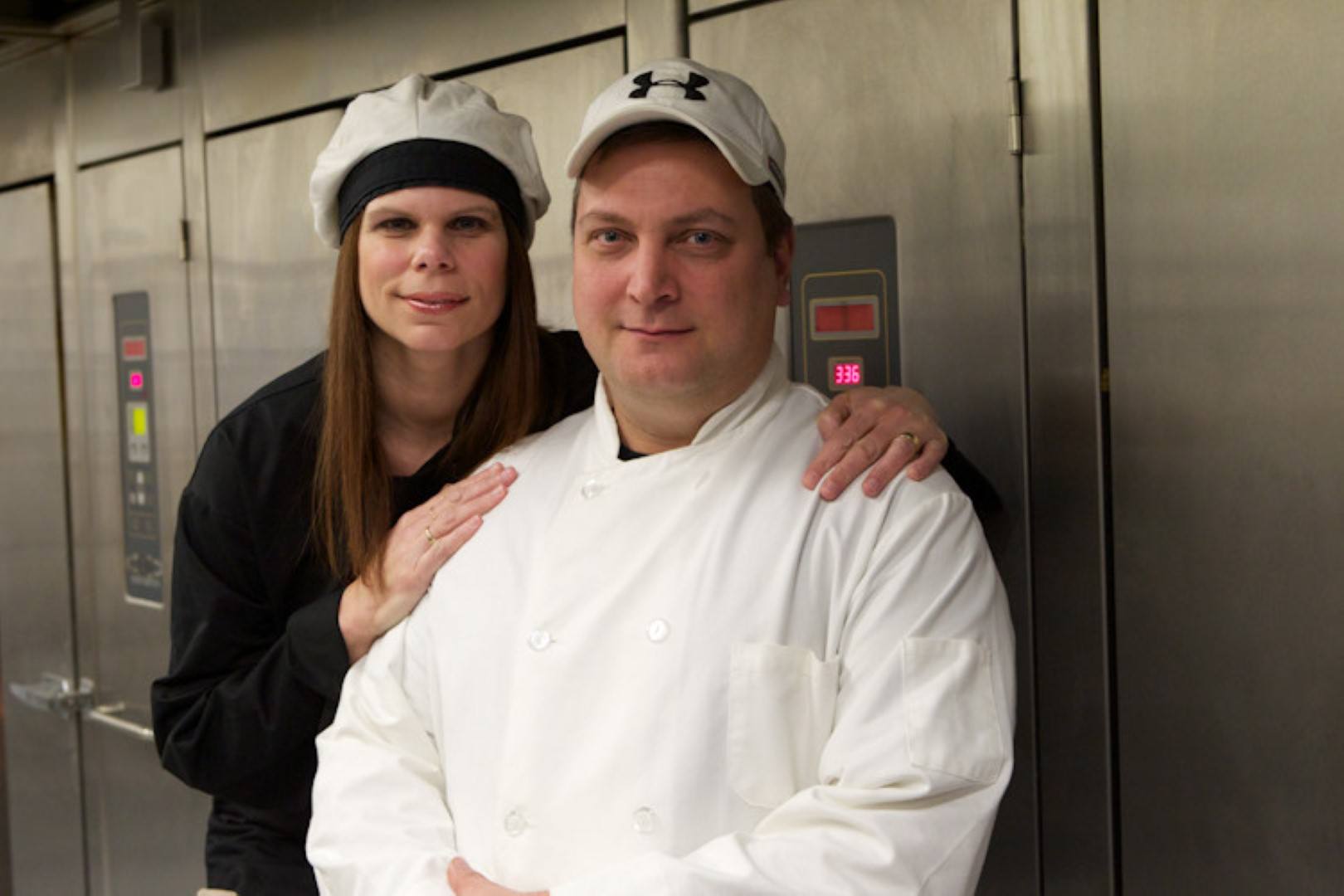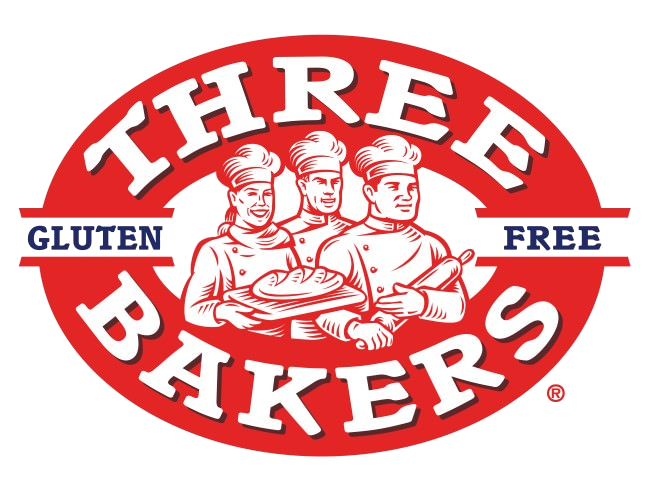- BY Jane Trygar
- POSTED IN Information, Support
- WITH 0 COMMENTS
- PERMALINK
- STANDARD POST TYPE

Written by Three Bakers’ Founder & Head Baker, Dan Trygar
I knew from the moment I set eyes on her that Jane was the woman I would marry.
Yeah, it’s a little cliche. But we’ve been happily married for 24 years now and have 4 lovely kids. I think I’ve earned the right to be a little cheesy.
Married life has always been pretty blissful for the two of us – aside from the minor squabbles that happen when you work at a family business together – but Jane’s health problems made me worry.
After several years of misdiagnosis, she found out she had celiac disease. The diagnosis was a relief. With our background in baking, I knew we could figure out ways to replace the foods she had grown up within her father’s bakery.
But as anyone with a gluten-free partner knows, the gluten-free lifestyle is about more than just making the right foods. There are all sorts of lifestyle choices you have to make as a couple. These choices can be difficult, especially when you’ve developed habits that are now unsafe for the gluten-free individual.
The most important thing is to prevent feeling bitter or rebellious towards your partner and their disease. Celiac disease or a gluten allergy isn’t something they’re doing to you to make your life hard. I know it sounds crazy to even have to mention it, but sometimes we slip into this irrational, negative thinking without even realizing it.
A Husband’s Guide to Supporting Your Celiac Partner
Through my personal experience and talking to people about supporting a gluten-free partner, I’ve come up with three primary pieces of advice:
Commit to supporting your partner unconditionally. Before you do anything else, you need to decide that you’re going to be there for your partner. Yes, even when giving them a kiss means first gargling mouthwash. And, yes, especially when you have to call every restaurant in town to find one that they can eat in for your anniversary.
RELATED: A Gluten-Free Love Story – A Look Inside the Story of Three Bakers
Educate yourself. You might still make mistakes, but you’re chances are much slimmer if you proactively educate yourself on celiac disease and other issues around gluten-free living. I attended all of the celiac support meetings with Jane and don’t regret a minute of it. The information I learned helped her know that I was committed, and kept me from making rookie mistakes like cross-contamination.
Adopt a ‘Why not!’ attitude. Are there ways you can accommodate your partner’s diet while still satisfying your own cravings and need for social interaction? Of course. With the number of gluten-free options in restaurants and on supermarket shelves steadily increasing, when your partner makes a request of you for different gluten-free options, try saying ‘Why not!’ instead of ‘Not possible’. That’s how we ended up with our own gluten-free bakery!
What has helped you be a good supporter of your gluten-free partner? — Dan Trygar
ADDITIONAL RESOURCES:


